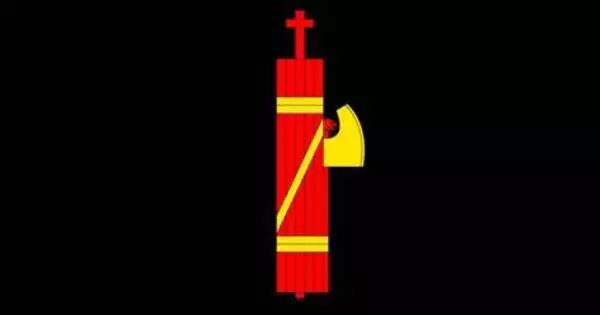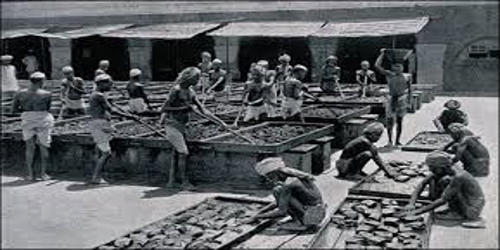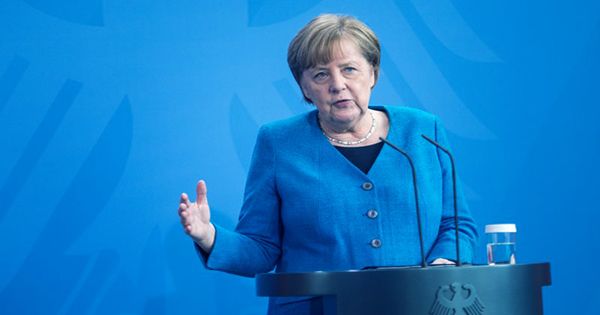Clerical fascism (also spelled clero-fascism or clerico-fascism) is a political and economic ideology that combines fascism’s political and economic doctrines with clericalism. It is a type of political ideology and government system that combines authoritarianism, nationalism, and clerical or religious influence.
The term has been applied to organizations and movements that combine religious elements with fascism, receive support from religious organizations that sympathize with fascism, or fascist regimes in which clergy play a prominent role. In this context, “clerical” refers to the participation of religious leaders or institutions in the state’s governing structure.
Key characteristics of clerical fascism include:
- Authoritarianism: Clerical fascist governments are distinguished by strong central authority, often led by a charismatic leader who wields considerable power over the nation and its institutions. These regimes have a history of suppressing opposition, restricting civil liberties, and promoting one-party or one-leader rule.
- Nationalism: Clerical fascism, like other fascist movements, emphasizes extreme nationalism, with an emphasis on the superiority of the nation or ethnicity. Nationalistic ideals are used to mobilize support, foster unity, and promote expansionist policies.
- Religious Influence: The defining feature of clerical fascism is the close cooperation between the state and religious institutions, usually a dominant religious organization, to establish and legitimize the regime’s policies. The state often enacts laws and policies that align with religious doctrines, and religious leaders may have direct or indirect involvement in the government.
- Anti-Communism: Clerical fascist regimes tend to be strongly opposed to communism and left-wing ideologies, perceiving them as threats to the established social order and religious values.
- Corporate State: Clerical fascism frequently advocates the establishment of a corporatist economic system in which various sectors of the economy are organized into specific interest groups that collaborate with the state in decision-making processes.
Clerical fascism was historically associated with regimes in Europe from the early to mid-twentieth century. These regimes attempted to combine state power with the authority of religious institutions, usually in a predominantly Christian context. The Catholic Church, in particular, played an important role in legitimizing and supporting some of these regimes.
















